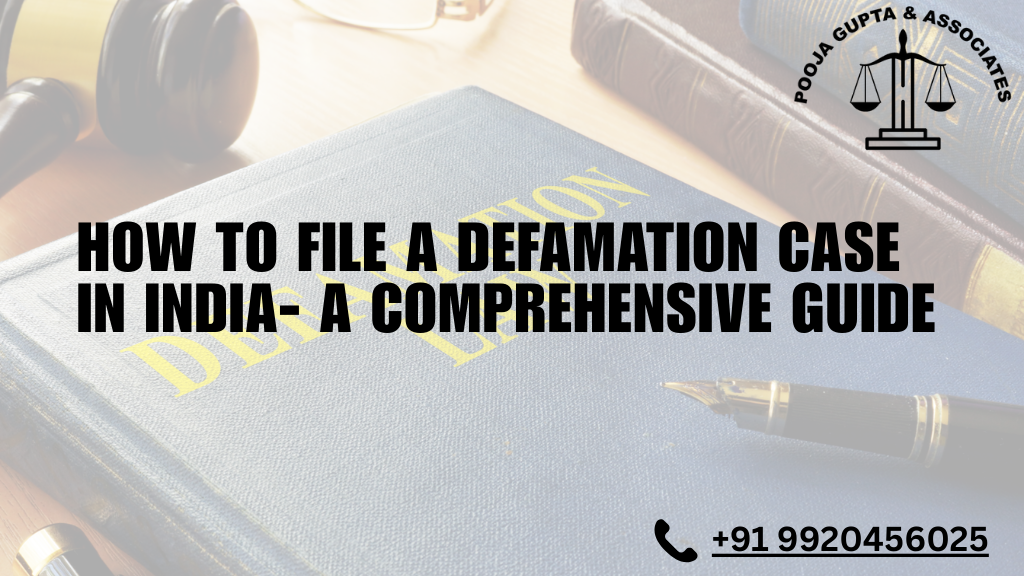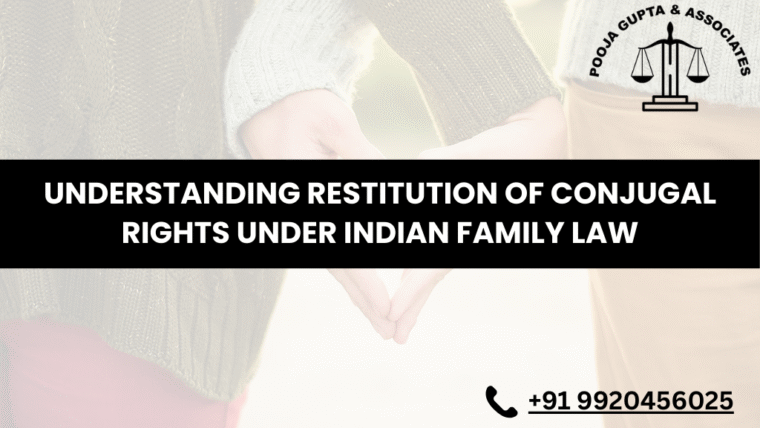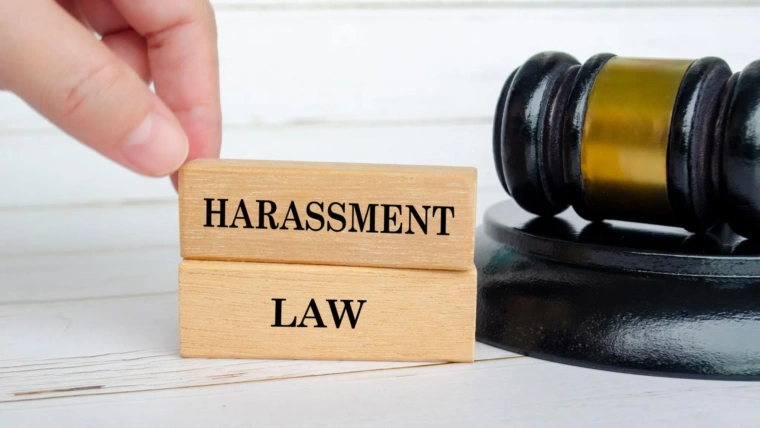Defamation is a legal term that refers to harming another person’s reputation by making false statements. In India, defamation is addressed under both civil and criminal law, providing individuals with avenues to seek redress when their reputation is unjustly tarnished.
1. Understanding Defamation in India
Criminal Defamation: Defined under Section 356 of the Bharatiya Nyaya Sanhita (BNS), formerly Section 499 of the Indian Penal Code (IPC), criminal defamation involves the intentional harm to another’s reputation through false statements. The punishment can include imprisonment for up to two years, a fine, or both.
Civil Defamation: In civil law, defamation is a tort that allows the aggrieved party to file a suit seeking monetary compensation for the harm caused to their reputation. The burden of proof is lower in civil cases compared to criminal cases.
2. Essentials of a Defamation Case
To establish a defamation claim, the following elements must be proven:
- False Statement: The statement made must be false and not an opinion or truth.
- Publication: The defamatory statement must have been communicated to a third party.
- Identification: The statement must refer to the plaintiff, either directly or indirectly.
- Harm to Reputation: The statement must have caused harm to the plaintiff’s reputation.
- Fault: The defendant must have acted with fault, which can be negligence or actual malice.
3. Procedure to File a Defamation Case
Step 1: Gather Evidence
Collect all relevant evidence, such as screenshots, recordings, or written records of the defamatory content. Ensure that the evidence is preserved and can be presented in court.
Step 2: Identify the Defamatory Statement
Clearly identify the false, harmful statement communicated to a third party. This could be in the form of written, spoken, or visual content.
Step 3: Determine Jurisdiction
Identify the appropriate court (civil or criminal) to file the case based on the statement’s nature. Jurisdiction is typically determined by the location where the defamatory statement was made or where the plaintiff resides.
Step 4: Send a Legal Notice
Before filing a suit, it’s customary to send a legal notice to the defendant, demanding a retraction of the defamatory statement and an apology. This step is often a prerequisite in civil defamation cases.
Step 5: Draft a Defamation Complaint
Prepare a formal complaint detailing the defamatory statement, evidence, and legal basis. The complaint should include:
- Personal Details: Name, address, and contact information of the plaintiff.
- Defamatory Statement: A clear description of the defamatory statement.
- Evidence: Copies of the evidence supporting the claim.
- Damages: Details of the harm caused to the plaintiff’s reputation.
Step 6: File the Complaint in Court
Submit the complaint and necessary documents to the appropriate court. Ensure that all court fees are paid and receipts are obtained.
4. Defenses in a Defamation Case
Defendants in a defamation case can raise several defenses, including:
- Truth: If the statement made is true, it is a valid defense.
- Fair Comment: Statements made as a fair comment on matters of public interest are protected.
- Privilege: Certain communications, such as judicial proceedings or parliamentary debates, are privileged and cannot be sued for defamation.
- Consent: If the plaintiff consented to the publication of the statement, it cannot be defamatory.
5. Recent Developments in Defamation Law
- Digital Defamation: With the rise of social media, defamation has increasingly taken digital forms. Courts have recognized that defamatory content published online is subject to the same legal standards as traditional forms of defamation.
- Landmark Cases: In a recent case, a Delhi court found an individual guilty of defaming a retired army officer and his son through messages posted in a WhatsApp group. The court emphasized that reputation is protected under Article 21 of the Indian Constitution as part of the right to life.
6. Conclusion
Filing a defamation case in India involves a structured legal process to ensure that all necessary elements are presented effectively. By understanding the essentials of defamation, gathering proper evidence, and following the correct procedures, individuals can protect their reputation through legal means. Consulting with a legal professional experienced in defamation law can provide valuable guidance and increase the chances of a favorable outcome.
When it comes to handling a defamation case with precision, choosing the right lawyer makes all the difference. With deep knowledge of defamation case law in India, Advocatepooja is recognized as the best advocate in Navi Mumbai. If you seek the best lawyer in Navi Mumbai, trust Advocatepooja’s expertise.



